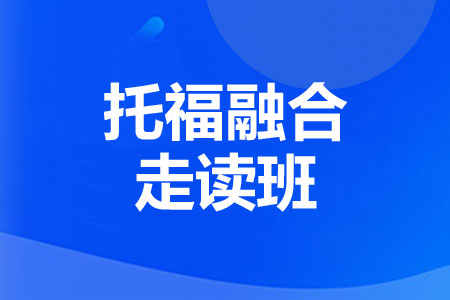古代的皇帝们称呼自己是说的“朕”,用英语该咋说?

今天给大家讲一个厉害的概念:“Royal Plural”。“皇家复数”,这个翻译可以,和实际的意思也很贴切。
历史上,无论东方还是西方的皇家贵族都喜欢用特殊的称谓来自称,比如中国的“朕”。
那么,在西方历史上,贵族在正式演讲时都会用“we”来称呼自己,而不是“I”。这个“we”的现象,就是royal plural,也称作“royal we”。
我们看下面一段关于“皇家复数”的英语描述:
Royal we is a nosism employed by a person of high office, such as a monarch, earl or pope. It is also used in certain formal contexts by bishops and university rectors.
The first recorded use of the expression was in 1169 when Henry II of England (deceased. 1189), hard pressed by his barons over the Investiture Controversy, assumed the common theory of “divine right of kings” that the monarch acted conjointly with the deity.Hence, he used “we” as “God and I” or so the legend goes.
好像有些复杂,我们把重点提取出来:
a nosism:用复数“we”指自己的做法
a person of high office, such as a monarch, earl or pope:一个身居高位的人,比如君主、伯爵、教皇
in 1169 … Henry II of England … assumed the common theory of “divine right of kings” that the monarch acted conjointly with the Deity.
1169年时英格兰的亨利二世表达了“王的神权”这个理论,这个理论是“君主和造物主合力而为”。
注意,这句话里有几个词还是值得一学的:divine, conjointly, deity, the Deity.
Hence, he used “we” as “God and I”
所以,他(亨利二世)用we来表示“上帝和我”。
再简单一点说,就是大家在学世界史的时候学过的“君权神授”。所以当西方的皇家贵族说“we”的时候,他们觉得自己不仅仅代表了自己的国王身份,还代表了上天的意志。忒“凡尔赛”了!
这里,还要跟大家分享一个不绝 对靠谱,但是西方人接受的一个用到“皇家复数”的“名言”,出自维多利亚女王。
她说“We are not amused.”——“我并不感到有趣”。是不是很霸气?你是不是立刻就想学会和模仿?
具体典故见下图:
最重要的是!我们中国的皇帝自称的“朕”,英语翻译时,“we”最合适。
总之,“皇家复数”和“朕就是we”,你学会了么?









